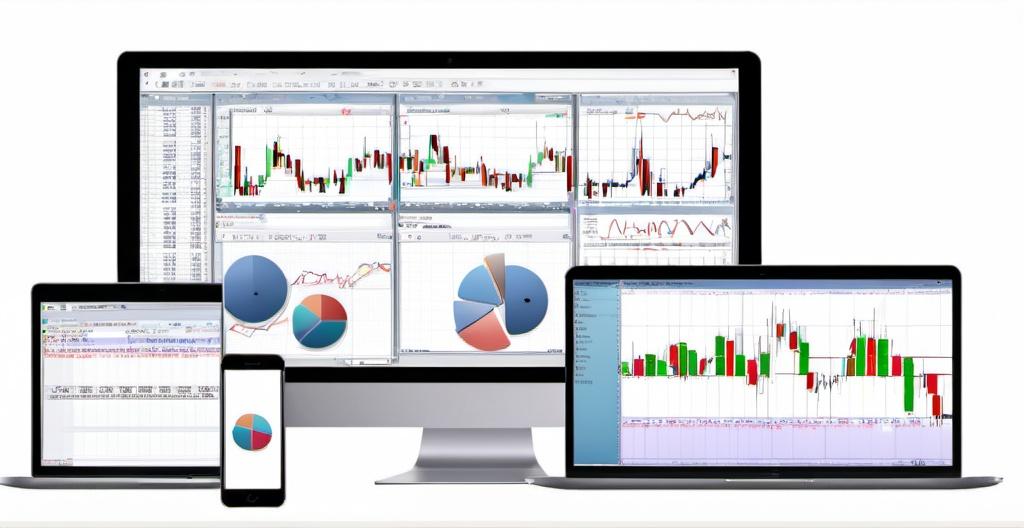Forex—short for foreign exchange—is the biggest financial market on the planet. More than $6 trillion changes hands every single day, making it larger than the stock and bond markets combined. This scale is what attracts traders, from global banks to retail individuals. It’s a market where liquidity is rarely an issue, spreads can be razor-thin, and opportunities are constant.

How Forex Trading Works
At its core, forex trading is the buying and selling of currencies in pairs. When you trade EUR/USD, for example, you’re betting on the value of the euro against the dollar. If you think the euro will strengthen, you buy. If you think it will weaken, you sell. Price moves are often measured in pips—tiny fractional changes—but when leverage is added, those small moves can translate into meaningful gains or losses.
The Appeal of Forex
One reason forex has such broad appeal is accessibility. Unlike stock markets that open and close, forex runs 24 hours a day, five days a week, following the sun from Asia to Europe to the United States. Traders don’t need to wait for a bell—they can act when global news breaks, whenever that may be.
Leverage is another draw. Brokers often allow traders to control positions much larger than their deposit. While this magnifies potential profits, it also amplifies losses. Without proper risk management, leverage can wipe out an account quickly.
Who Trades Forex
The market is dominated by large players—central banks, hedge funds, multinational corporations—but retail traders have carved out their share thanks to online platforms. Individuals use forex for speculation, hedging business exposure, or simply as an additional investment strategy alongside stocks or crypto.
Platforms and Tools
Most forex trading is done through platforms like MetaTrader 4 (MT4), MetaTrader 5 (MT5), and cTrader. These tools offer advanced charting, algorithmic trading, and the ability to set automated orders. For traders who rely on speed and precision, execution quality matters as much as strategy.
Regulation and Safety
Because of the global nature of forex, regulation varies by region. The UK’s FCA, the US’s NFA, and Australia’s ASIC are some of the strictest regulators. Traders are strongly advised to work with regulated brokers, as unlicensed firms have been known to operate with hidden fees, poor execution, or outright fraud.
Finding the Right Broker
Choosing the right broker is as important as choosing the right trade. Fees, spreads, leverage options, and withdrawal reliability all shape the trading experience. Comparing platforms side by side makes the decision clearer. A practical place to start is Forex Brokers Online which lays out costs, features, and account options in detail.
Final Thoughts
Forex trading offers liquidity, flexibility, and global access unmatched by any other market. But it also comes with high risk, especially when leverage is involved. For those willing to invest the time to learn strategies, manage risk, and choose a reliable broker, forex can be a powerful trading arena. The difference between success and failure often comes down to discipline and preparation, not just market moves.
